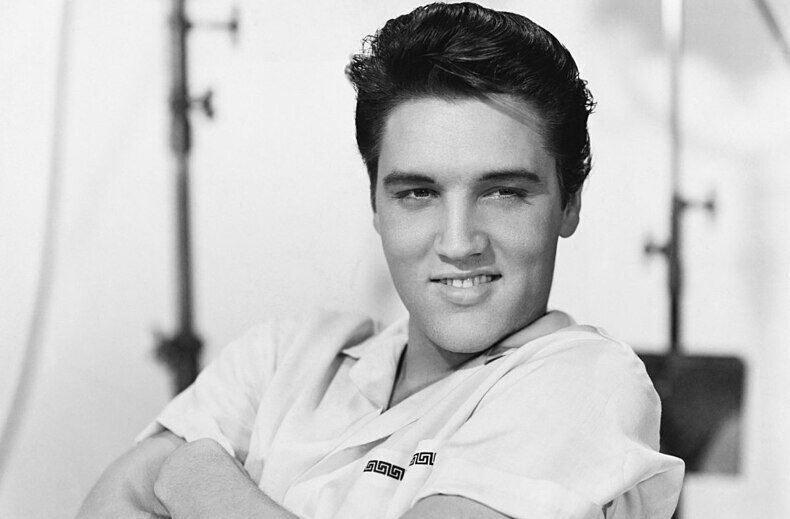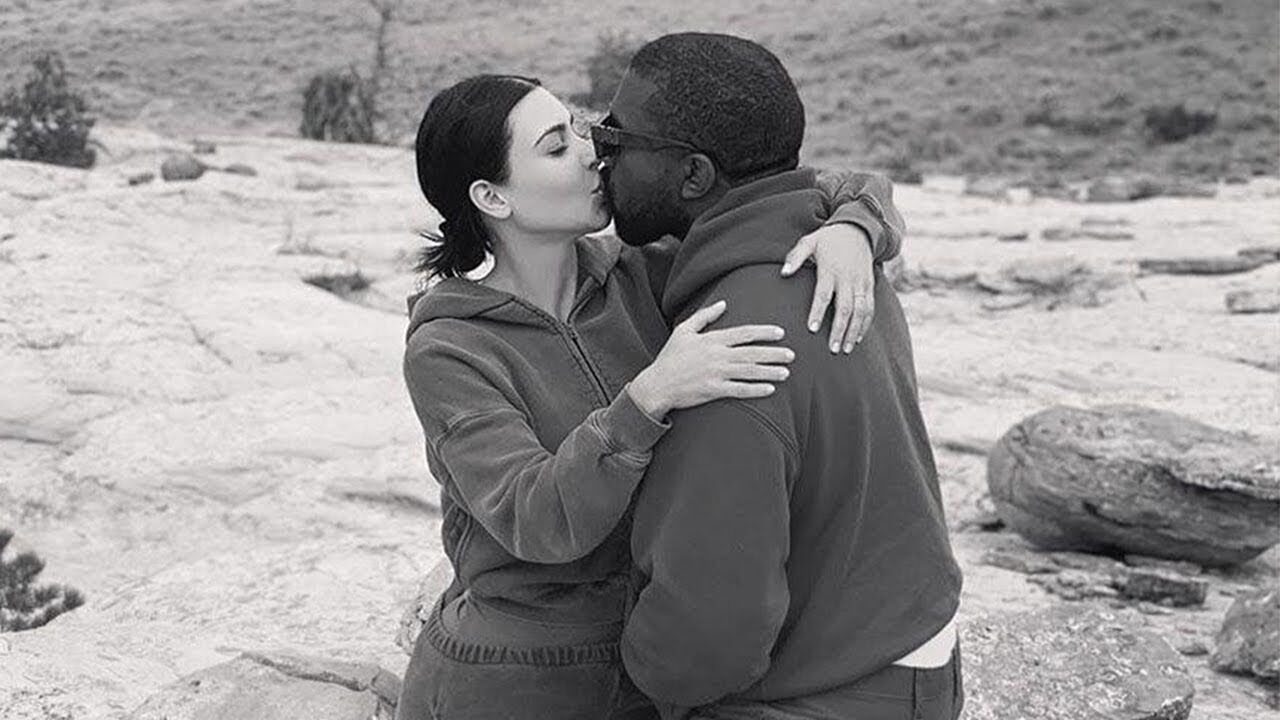Elvis Presley, a legendary figure in the world of music, has left an indelible mark on the entertainment industry. Throughout his career, he faced various controversies that stirred public debate and shaped the perception of his legacy. From accusations of cultural appropriation to issues surrounding his personal life and management, Elvis’s fame was not without its share of complexities.
Cultural Appropriation: During the early stages of his musical career, Elvis Presley drew significant inspiration from African-American rhythm and blues and gospel music. However, critics accused him of cultural appropriation, arguing that he was profiting from black music while potentially contributing to the marginalization of black artists.
Provocative Performances: In the socially conservative atmosphere of the 1950s, Elvis’s on-stage gyrations and hip movements were considered provocative and indecent by religious groups and traditionalists, leading to widespread outrage and controversy.
Army Service Deferment: In 1958, when Elvis was drafted into the U.S. Army, he faced criticism over allegations of receiving preferential treatment and deferment due to his celebrity status. This sparked public scrutiny and debate over the fairness of the draft system.
Las Vegas Residency: Despite the success of his Las Vegas residency in the early 1970s, some critics questioned Elvis’s artistic integrity during these performances. Concerns were raised about repetitive shows and limited variation in setlists, leading to discussions about the quality of his live performances.
Prescription Drug Abuse: Throughout his life, Elvis battled with prescription drug abuse, particularly with barbiturates and amphetamines. This dependency on drugs not only affected his health but also played a significant role in his untimely death in 1977, making it a topic of intense public discussion and concern.
Marriage to Priscilla Presley: Elvis’s relationship with Priscilla Presley, whom he met when she was just 14 years old, generated controversy. Despite marrying when she turned 21, their early connection raised eyebrows and garnered criticism from some quarters, who questioned the appropriateness of the age gap and their initial acquaintance.
Extravagant Lifestyle: Elvis’s extravagant lifestyle, characterized by lavish spending, indulgence in rich foods, and excessive materialism, faced criticism from those who believed it to be out of touch with his humble beginnings. Some viewed his opulent lifestyle as disconnected from the realities of the average person.
Racial Views: Elvis’s attitudes and remarks towards race have been a subject of debate. While he showed support for black musicians and had friendships with people of color, he also made comments that some found racially insensitive, leading to discussions about his understanding of racial issues.
Managerial Control: Elvis’s manager, Colonel Tom Parker, was a controversial figure in the singer’s life. Criticism arose over Parker’s focus on financial gains and commercial success over Elvis’s artistic interests, leading to questions about the extent of Parker’s control over his career decisions.
Graceland Security Incident: In 1976, a security incident at Graceland, Elvis’s residence, resulted in the death of a trespasser who was shot by security guards. This tragic event raised questions about security measures at celebrity residences and the balance between protecting public figures and ensuring public access.
In conclusion, while Elvis Presley’s career and impact on popular music have been overwhelmingly positive, his life was not without controversies. From issues of cultural appropriation to matters of personal conduct and management decisions, these controversies have added complexity to the legacy of the iconic performer. Despite the controversies, Elvis remains an enduring and influential figure in the history of music and entertainment.




